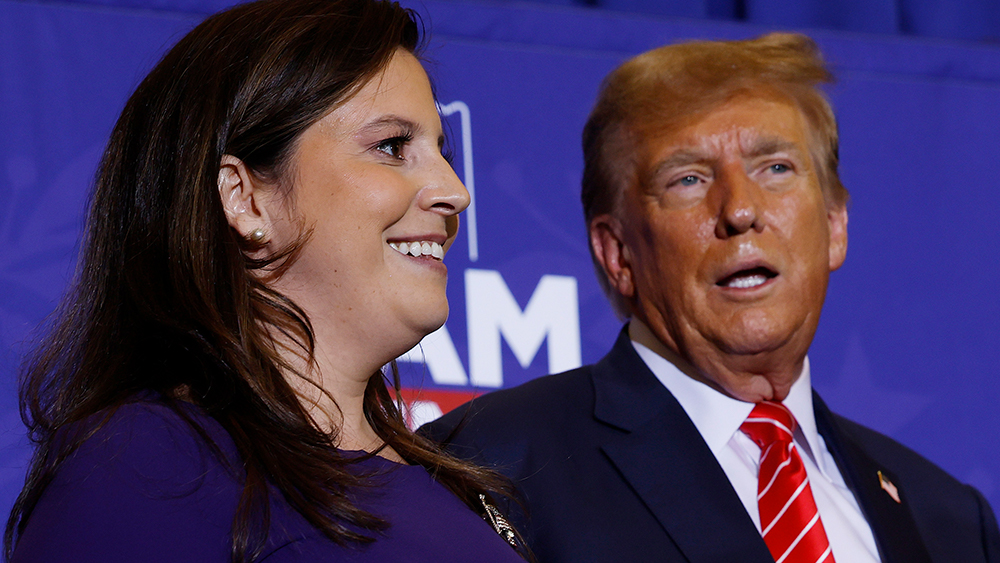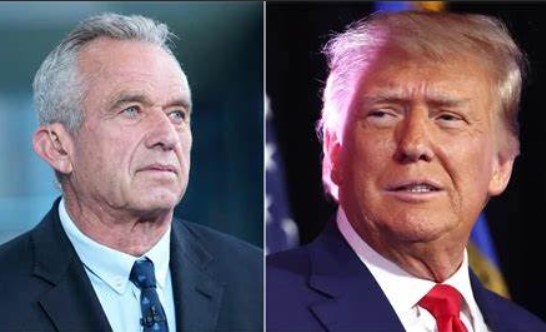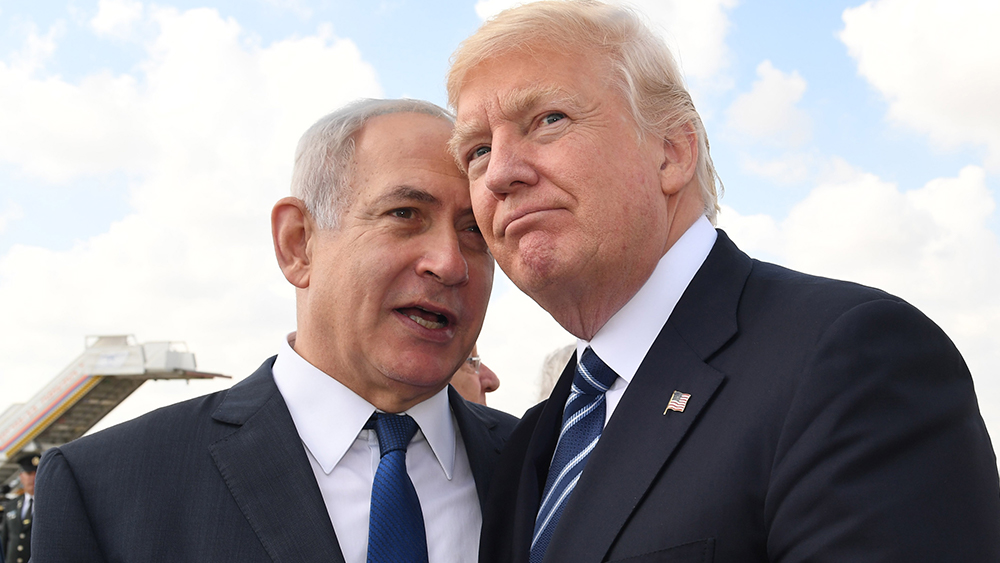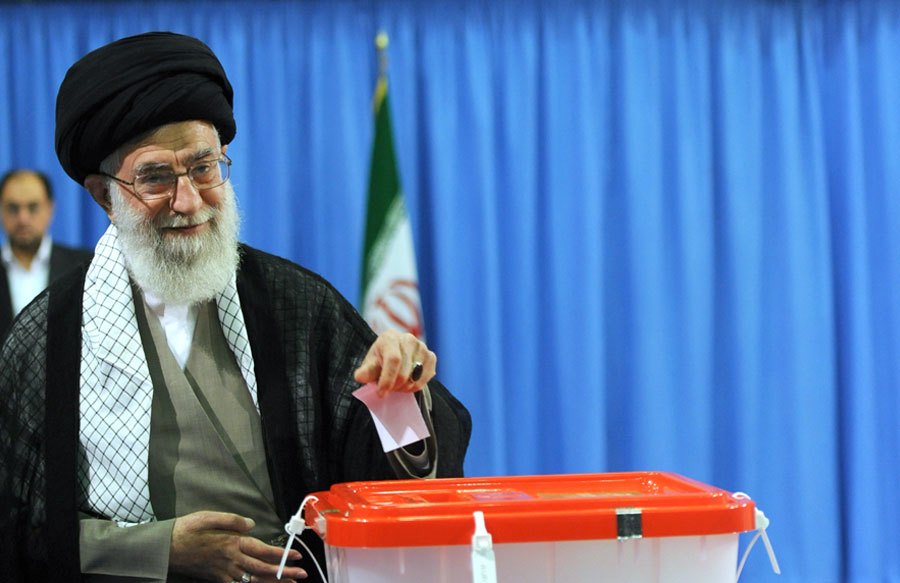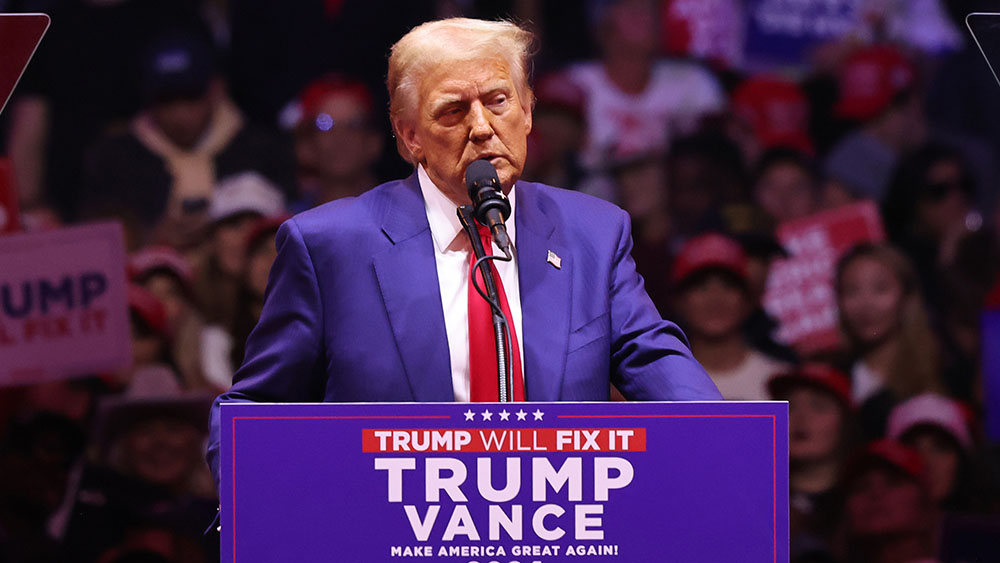U.S. takes hard line against China’s military-tech complex with new export blacklist
03/26/2025 / By Cassie B.

- The Trump administration has blacklisted 80 foreign companies, including China’s Inspur Group subsidiaries, for aiding Beijing’s military-industrial complex.
- Targets of the blacklist include firms that are developing supercomputers, hypersonic weapons, and AI for China’s military, cutting off access to U.S. tech.
- China condemns the move, calling it politicized trade, while analysts see it as a blow to its tech-acquisition strategy.
- New restrictions block U.S. firms from selling advanced semiconductors and dual-use tech to the blacklisted companies without strict licenses.
- The U.S. aims to curb China’s military-tech pipeline, reinforcing efforts to prevent the exploitation of American innovation for hostile purposes.
The Trump administration escalated its campaign to safeguard America’s technological edge and national security this week, blacklisting 80 foreign companies, including subsidiaries of China’s Inspur Group, for aiding Beijing’s military-industrial complex.
The move, which was announced on Tuesday by the Commerce Department, targets dozens of entities that have been accused of diverting U.S. technology to develop supercomputers, hypersonic weapons, and advanced AI for the Chinese military. Commerce Secretary Howard Lutnick vowed that the U.S. would not allow adversaries to “exploit American technology to bolster their own militaries and threaten American lives.”
China’s predictable objections — denouncing the blacklist as politicizing trade — only underscore its frustration at being cut off from critical U.S. innovations. The crackdown signals Washington’s resolve to choke off Beijing’s strategy of stealing or coercively acquiring Western tech to fuel its aggressive military modernization.
Targeting China’s military-tech pipeline
The blacklist includes six subsidiaries of Inspur Group, a Chinese cloud computing giant that has already been restricted since 2023 for its ties to the People’s Liberation Army (PLA). The new additions were cited for developing supercomputers to advance China’s hypersonic missile program and AI-driven warfare capabilities. More than 50 of the listed firms are based in China, with others in Iran, Pakistan, and the UAE all flagged for aiding hostile weapons programs.
Under Secretary of Commerce for Industry and Security Jeffrey Kessler said “BIS is sending a clear, resounding message that the Trump administration will work tirelessly to safeguard our national security by preventing U.S. technologies and goods from being misused for high performance computing, hypersonic missiles, military aircraft training, and UAVs that threaten our national security.”
The restrictions block U.S. firms from selling goods to blacklisted companies without near-impossible-to-obtain licenses, crippling their access to cutting-edge semiconductors and other dual-use technologies.
China’s defiant response
Beijing condemned the move as a violation of international law, with its embassy in Washington accusing the U.S. of weaponizing trade issues. The Beijing Academy of Artificial Intelligence, another blacklisted entity, called its inclusion shocking and baseless. Yet analysts note such protests are routine when China’s tech-acquisition pipelines are disrupted. Past blacklistings have forced Chinese firms like Huawei to scramble for domestic alternatives, slowing their progress.
Protecting American innovation
The administration’s latest action builds on years of efforts to curb China’s predatory practices, from intellectual property theft to forced technology transfers. Inspur’s inclusion in 2023 already rattled U.S. chipmakers like AMD and Nvidia, which faced scrutiny over their dealings with the firm. While neither company has commented yet this week, industry insiders suggest the blacklist will further deter risky partnerships.
With China’s military ambitions showing no signs of slowing, the U.S. appears determined to keep its most critical innovations out of reach. As tensions between Washington and Beijing simmer, the Trump administration’s latest blacklist reinforces a clear message: America will no longer subsidize its own technological eclipse. By cutting off China’s access to dual-use advancements, the U.S. isn’t just protecting its economy — it’s defending its future security. For Beijing, the era of unchecked exploitation may finally be over.
Sources for this article include:
Submit a correction >>
Tagged Under:
blacklist, China, exports, future tech, Glitch, military-tech complex, national security
This article may contain statements that reflect the opinion of the author
RECENT NEWS & ARTICLES
COPYRIGHT © 2017 WHITE HOUSE NEWS




